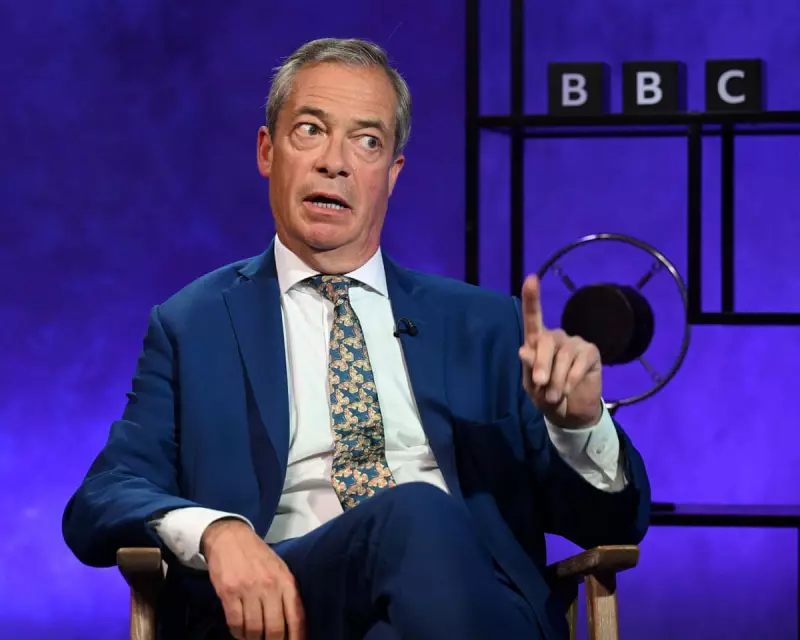
The BBC finds itself at the centre of a fresh impartiality storm as new analysis reveals the broadcaster gave Nigel Farage and his Reform UK party significantly more airtime than other political figures during the recent election campaign.
According to data compiled by the media monitoring group Bakamo, the BBC's coverage allocated Farage nearly double the broadcasting minutes compared to Labour leader Keir Starmer and four times more than Prime Minister Rishi Sunak during the critical campaign period.
Impartiality Under Question
The findings have sparked renewed concerns about the corporation's editorial balance, particularly following previous controversies surrounding its political coverage. Media analysts suggest this disproportionate attention may have contributed to Reform UK's electoral performance despite the party finishing third in the popular vote.
Bakamo's research indicates that between May 23rd and election day, Farage received approximately 107 minutes of coverage across BBC outlets, dwarfing the attention given to other political leaders.
Broader Reform Concerns
This latest data emerges as the BBC faces ongoing scrutiny over its commitment to genuine reform. Critics argue that despite previous promises to address bias concerns, the corporation continues to struggle with balanced political reporting.
The National Union of Journalists has condemned what it describes as "external attacks" on the broadcaster, while simultaneously acknowledging the need for ongoing internal review of editorial processes.
Regulatory Pressure Mounts
Ofcom, the media regulator, maintains that all broadcasters must adhere to strict due impartiality rules, especially during election periods. The new findings are likely to increase pressure on both the BBC and the regulator to demonstrate stronger enforcement of these standards.
BBC sources indicate that internal discussions about coverage allocation and balance are ongoing, with some executives reportedly concerned about the perception of favouritism toward controversial figures.
As the corporation prepares for its next charter review, these latest findings add weight to arguments from both sides of the political spectrum that fundamental reform of the BBC's approach to political coverage may be necessary.





